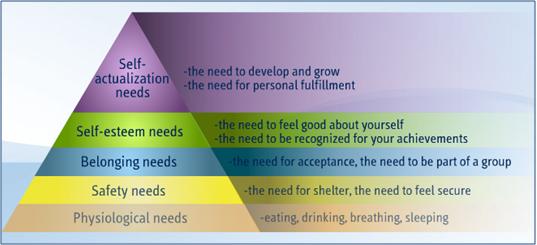From the outside HR people look very very busy, but nobody really knows what they do. I see a lot of forum questions from people asking themselves what does this department really do and what are they paid for since the results of their work are not that visible. They don’t produce anything concrete, but they never have time when you want to go meet them. They always schedule you for another day or ask you to send them an email. So what do they do? Is it that difficult to hire someone?
Well, in a lot of companies HR is actually undersized. They say the optimum ratio is 1 HR person to 100 employees, but sometimes due to extensive local bureaucracy that is not enough. You can’t really see what HR people do because they have so many things to do that they have no time to presents reports of their work to the people. Here are just a few ideas of what HR does in each area. Most of the times there is one specialist covering more than one area which makes it really difficult, challenging and necessary for them to be always open to specialize in something new.
Recruitment people – discuss job openings with managers, post ads, read hundreds of CVs (don’t imagine it’s that easy – to hire one good professional sometimes you have to go through hundreds of worthless CVs that waste your time), schedule interviews, make phone interviews, test candidate skills (sometimes HR people need to speak 2-3 languages to be able to test them by themselves – help from outside is not always available and they have to manage), participate in face to face interviews (which drain all your energy by the end of the day), make presentations, promote the company, participate in job events, prepare tons of recruiting reports, answer hundreds of silly questions from candidates etc. etc.;
Payroll people – spend their time entering employee data into the payroll system: new joiners, contract changes, leavers, timesheets, vacation hours, sickness leaves, bonuses, night shifts, overtime, week-end shifts, salaries, additional employee benefits; when the payroll is done they prepare payments for salaries and additional documents for local authorities;
Training people – spend their time analyzing competencies that need to be developed in employees on each position, discuss training needs with managers, prepare internal trainings, prepare training plan for internal and external trainings, present the internal trainings to selected employees, contact external companies and sometimes negotiate training offers, organize external trainings – make sure external trainers have all the necessary logistics to do a good job, gather training feedback from participants, prepare training reports;
Administration people – prepare huge amount of employee related paperwork – contracts, contract changes, certificates, prepare access cards, order computers and users&emails sometimes, manage lockers and protection equipment sometimes, manage employee assets, manage additional employee benefits like transportation (are sometimes involved in finding and negotiating a contract with a transportation company), manage taxi or transportation vouchers, prepare reports of HR indicators (attrition, sickness leave, joiners, leavers, etc);
Communication people – manage the internal communications towards the employees, manage external communications for external partners and media, manage the internal suggestion system, manage internal display boards, prepare newsletters with important information for the employees, are sometimes involved in CSR (Corporate Social Responsibility) campaigns, manage sometimes employee satisfaction surveys and actions.
What else do HR people do: are involved in internal and external audits, are involved in the risk management system, prepare files for work permits for the Immigration authorities, prepare employee motivation programs within budget, prepare huge amount of work policies and work instructions necessary for the good flow of information or for company certifications, need to be always up to date with local and international labor regulations (otherwise high fines can be paid by the company), give advice to managers, are involved in the succession planning system…
So, do you still wonder what HR people do?

